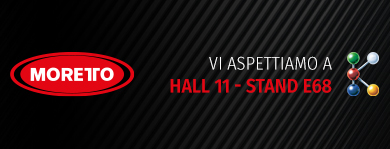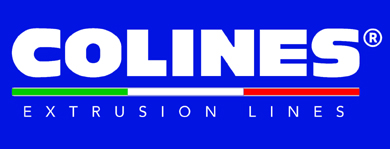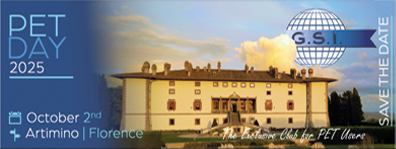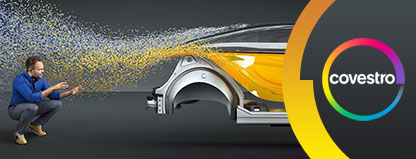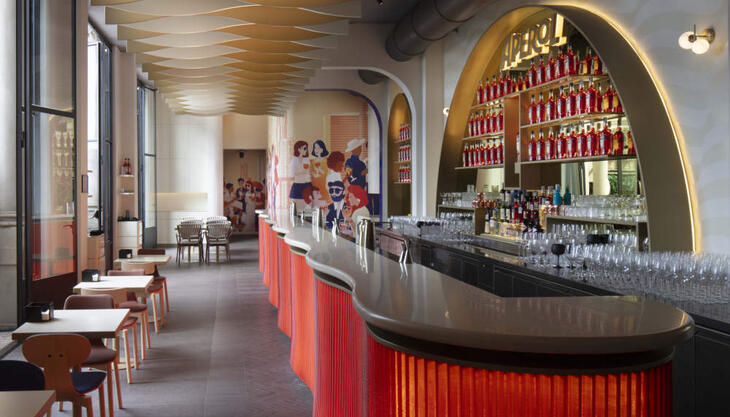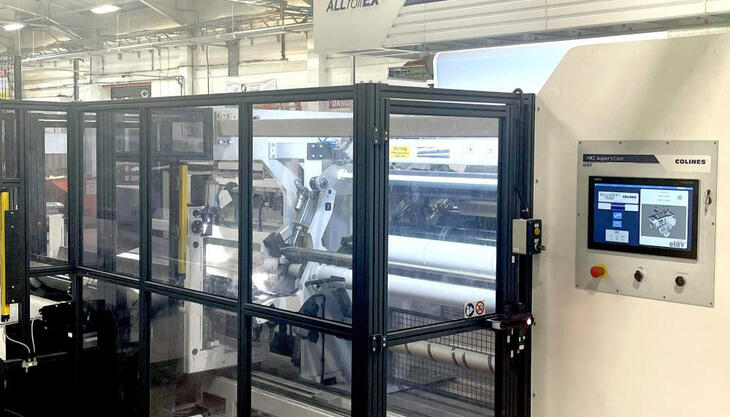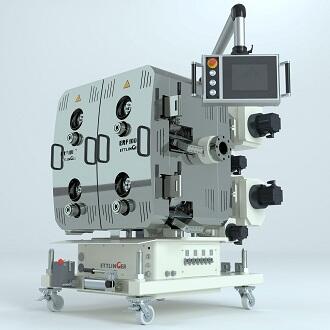
Member of the Maag Group, Ettlinger developed the brand new ERF 1000 high performance melt filter for very high throughputs in recycling applications for plastic materials. The four filter drums provide a total of 6,280 square centimetres of filtration surface - twice as much as the ERF 500, the previous top-of-the-range model - and reliably remove foreign particles from polymer feedstock containing up to 18% contaminants. Both machines share the same compact and small footprint.
ERF filters are now available in four different sizes, starting with the ERF 200 for throughputs up to 800 kg/h. With a maximum of 10,000 kg/h depending on the application, the new ERF 1000 is the manufacturer’s biggest model to date.
The filter is Ettlinger’s response to the accelerating industry trend in many parts of the world toward higher throughputs on the one hand and even higher qualities on the other - a trend triggered by the rising global demand for premium quality recycled materials for sophisticated applications. The high-performance and cost-efficient ERF 1000 combines high productivity with an ability to meet ever stricter quality requirements. It is suited for virtually any kind of plastic that is relevant for recycling, including packaging plastics such as LDPE, LLDPE and HDPE, which occur in particularly large amounts. The large 6,280 square centimetres of filtration surface along with the 60 microns (230 mesh) screen size - which is now also available for all Ettlinger filter models - enables qualities that were previously out of reach. High quality film recycling will greatly benefit from the ERF1000 capability. The ERF’s high processing reliability, coupled with a powerful control system that was designed with maximum user friendliness in mind, means that only minimal human resources are tied up.
Like all Ettlinger ERF filters, the new ERF 1000 is self-cleaning and works with a rotating, perforated drum, through which there is a continuous flow of melt from the outside to the inside. A scraper removes the contaminants that are held back on the surface and feeds them to the discharge system. As a new feature, the ERF 1000’s four filter drums can be individually replaced without disrupting production. The filter can thus run continuously and fully automatically, often over a period of several months at a time, with advantages such as ultra-low melt losses and good mixing and homogenizing of the melts. The large surface area of the drums, along with the continuous cleaning principle, makes it easier to check the process pressures and guarantees a constant pressure during operation. If they already own another ERF melt filter, customers who purchase a ERF 1000 are able to profit from compatible wearing parts such as screens, frames and scrapers, leading to simplified spare parts management.






